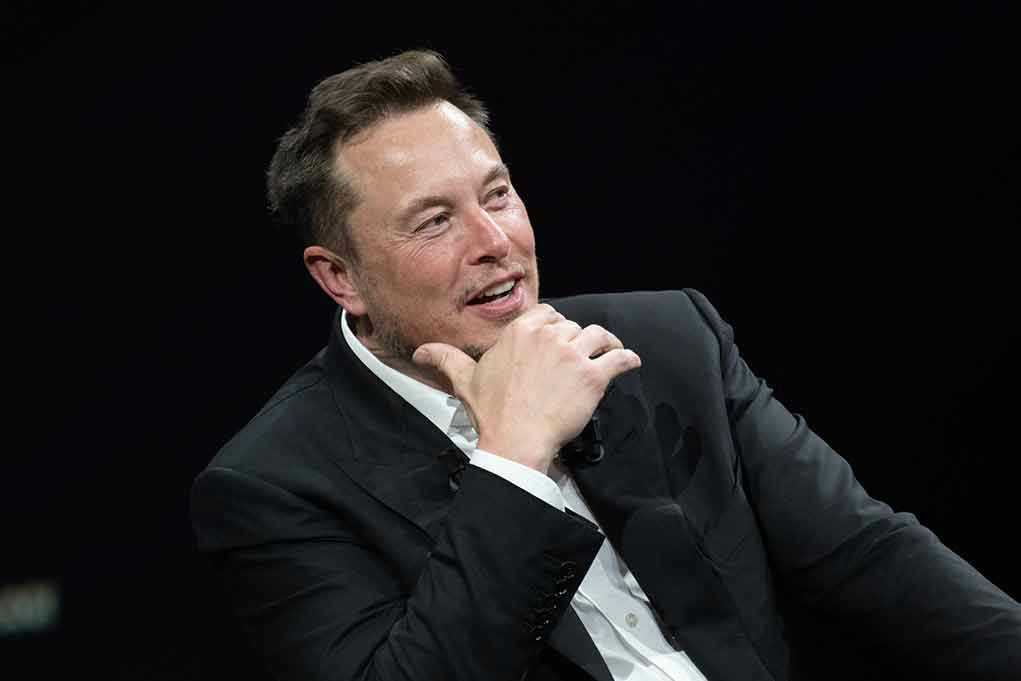
Elon Musk’s sudden disbandment of Tesla’s Dojo supercomputer team exposes the harsh reality of America’s struggle to maintain technological independence against China’s advancing AI dominance.
Story Overview
- Tesla dissolves its flagship Dojo supercomputer team, crucial for autonomous driving AI development
- Team leader departs company amid strategic pivot away from in-house AI hardware
- Move raises concerns about American tech companies’ ability to compete with foreign AI initiatives
- Shift may force Tesla to rely on external partners, potentially compromising proprietary technology
Tesla’s Strategic Retreat from AI Independence
Tesla officially disbanded its Dojo supercomputer team on August 8, 2025, marking a significant retreat from the company’s ambitious AI hardware development. The Dojo project represented Tesla’s attempt to build proprietary supercomputing infrastructure for training Full Self-Driving algorithms using massive video datasets. This custom-built system was designed to give Tesla a competitive edge over rivals relying on standard AI hardware solutions.
The team’s dissolution coincides with the departure of its leader, signaling deeper organizational challenges within Tesla’s AI division. Industry observers note this pattern mirrors previous restructuring efforts in Tesla’s Autopilot and AI teams, often following technical setbacks or leadership changes. The abrupt nature of the disbandment suggests internal pressure to reduce costs or pivot strategy amid mounting competition from established AI companies.
Economic Pressures Force Difficult Decisions
Building custom AI hardware requires enormous capital investment and specialized talent, resources that Tesla may need to redirect toward more immediate priorities. The company faced increasing pressure from competitors using off-the-shelf solutions while Tesla poured resources into developing proprietary technology from scratch. Bloomberg analysts highlight the immense technical and financial challenges of maintaining large-scale, in-house AI hardware projects without guaranteed returns.
This strategic pivot reflects broader economic realities affecting American tech companies under pressure to deliver immediate results to shareholders. Unlike government-backed Chinese AI initiatives that can sustain long-term losses, private American companies must balance innovation investments with profitability demands. Tesla’s decision demonstrates how market pressures can undermine America’s technological sovereignty when competing against state-sponsored rivals.
National Security Implications of Tech Dependence
Tesla’s retreat from independent AI development raises concerns about American companies’ increasing reliance on external partners for critical technology infrastructure. This dependence potentially exposes proprietary algorithms and training data to foreign influence, particularly when partnering with companies having ties to adversarial nations. The automotive industry’s race toward autonomous vehicles has significant implications for American manufacturing competitiveness and transportation security.
Elon #Musk Disbands #Tesla’s #Dojo Supercomputer Team, Upending #AI Efforts #DensityAIhttps://t.co/3Ot9ZMVI53
— U.S. Business Report (@USBizReport) August 10, 2025
The disbandment may embolden competitors using established AI solutions while potentially delaying Tesla’s Full Self-Driving capabilities. Customers awaiting advanced autonomous features face uncertainty about delivery timelines, while investors question Tesla’s ability to maintain its technological leadership narrative. This setback could shift industry focus toward collaboration with established AI companies, potentially consolidating power among fewer technological gatekeepers.











